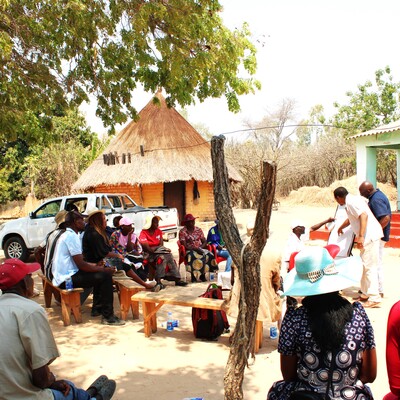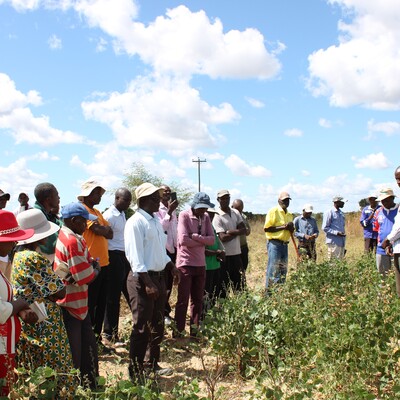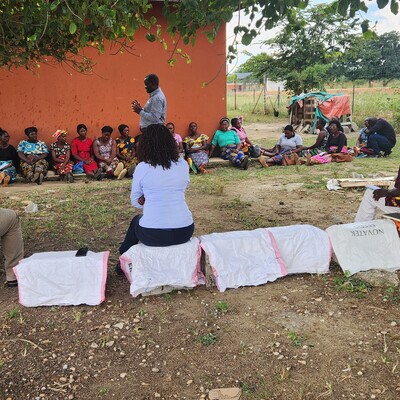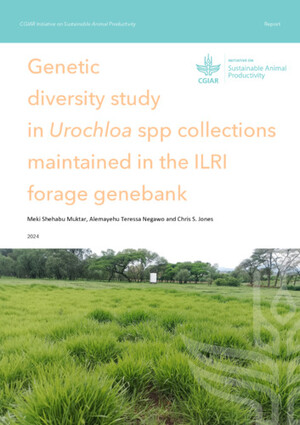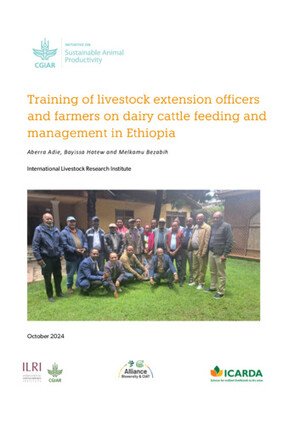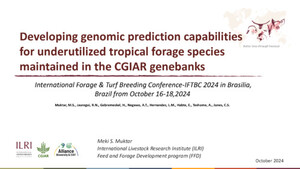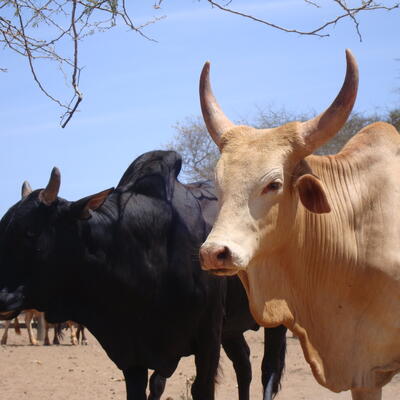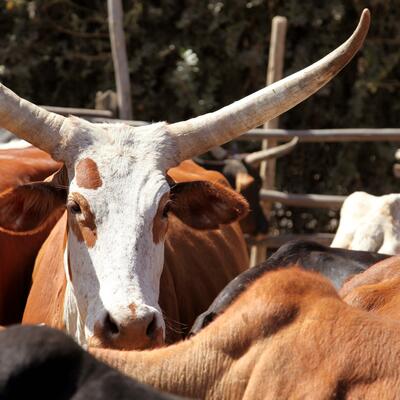
Enhancing livelihoods of livestock-dependent poor people through increasing use of fodder: India and Nigeria (Fodder Innovation Project)
The Fodder Innovation Project, supported by the UK Department for International Development (DFID), is a learning initiative started in September 2002 in India and Nigeria. The overall focus of the project is on improving the livelihoods of the rural poor through increasing their options to feed livestock.
The original premise of the project was that the most effective way to address fodder scarcity was to identify and disseminate new, improved varieties of fodder or dual-purpose crops on the basis of site-specific ‘baskets of options’ and to offer advice to farmers to enable them select options that best suit their particular environments.
It was also premised that scaling up would take place through farmer-to-farmer exchanges and through the dissemination activities of development organisations partnering with the project. However, findings from the initial key project activities in Phase I showed that the issue of addressing fodder scarcity was much more complex than simply providing technologies such as improved germplasm. Accordingly the project changed its learning approach from technology to a partnership mode for alliance building and finally towards a facilitated multiple-actor and institutional perspective.
Phase II, which started from January 2007, commonly known as the Fodder Innovation Project (FIP), will continue to address issues relating to fodder scarcity, a major constraint to enhancing the livelihoods of the poor. However, it will do this through experimenting with ways of building capacity required to innovate in order to address issues of fodder scarcity in equitable and sustainable ways.
This initiative in the context of the System-wide Livestock Program is implemented by ILRI in collaboration with the United Nations University (UNU-MERIT), the International Crops Research Institute for the Semi-Arid Tropics (ICRISAT) and the International Institute for Tropical Agriculture (IITA).






